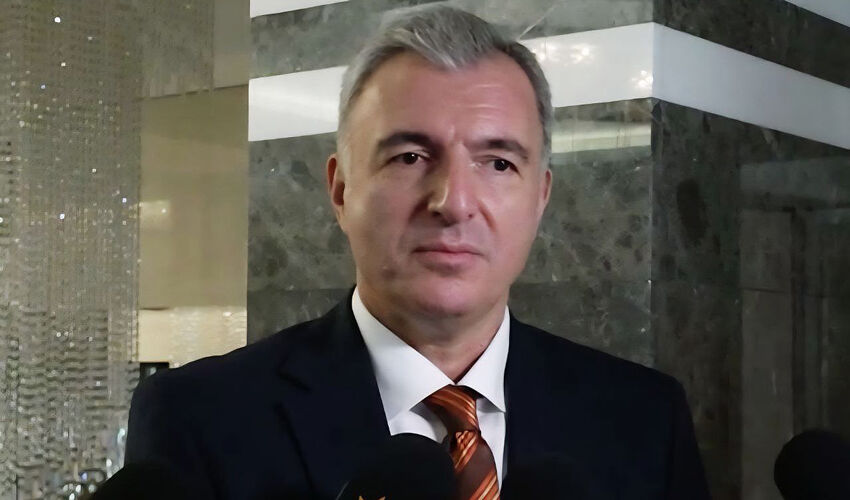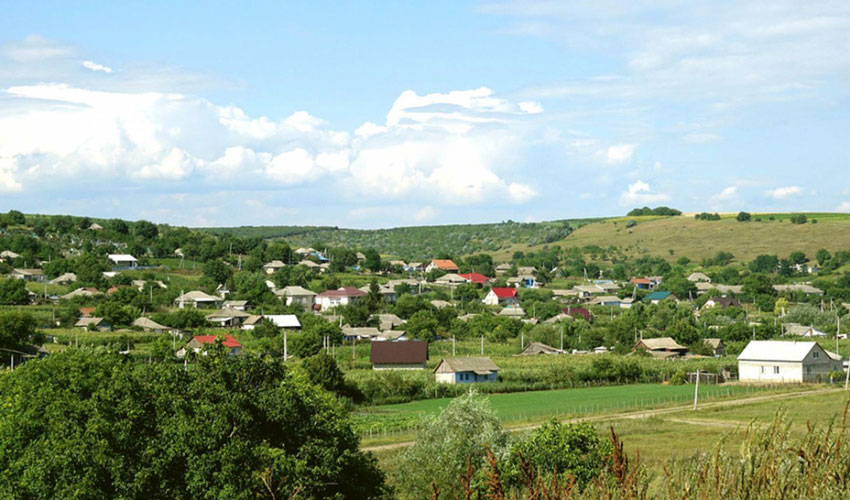
“We’ve gained unique skills, we’ve gone through a lot of difficult moments, through numerous development opportunities and managed to capitalize on them. Having gone through these crises, we have built the ability to react much faster. In Moldova, we really became an impenetrable wall not only for our own security, but also for the eastern frontier of the European Union, especially in the context of the war in Ukraine, unfortunately. But we have learned. We have learned together with our partners, to whom we are truly grateful. We will continue to work together with them,” Osmochescu said at the Cybercor Moldova 2025 International Conference.
According to him, 2025 was marked by the most intense waves of cyber attacks in Moldova’s history.
“We are already talking about a completely different dimension – the security of our country, which was tested during 2025, especially before the elections we had in September 2025. We faced thousands of cyberattacks, thousands of citizens of our country were affected by these coordinated attacks coming from abroad. Specialists noted that this was an unprecedented period in Moldova’s history and that the Moldovan institutions dealt with these cyber attacks promptly and efficiently,” the minister added.
He emphasized that this is a global phenomenon with huge economic consequences all over the world.
“We have seen downed airplanes in some countries, we have seen closed municipal services in other states because of cyberattacks. Just imagine one figure: the damage estimate for 2025 is $10.5 trillion – that’s the impact on companies, citizens and economies. Small and medium-sized companies are most vulnerable to cyberattacks. Losses can be as high as $200,000. And after all, small and medium-sized companies are the backbone of our country’s economy. A company of this size may face an existential problem in case of a cyberattack,” emphasized Eugen Osmochescu.
However, according to the minister, Moldova has demonstrated solid institutional capabilities:
“During this period, there were almost 60 major incidents that were overcome. Thus, Moldova has proved the ability to be a reliable pillar and a strong shield on the path of hybrid warfare… We intend to create a legal and institutional framework to strengthen the defense capabilities both within the general defense of Moldova and from the cyber perspective”.
He assured that the authorities will accelerate the digital security reforms “with the speed of an eighth gear”.
It should be recalled that on December 21, 2023, Moldova created the Agency for Cyber Security (ASC), which implements the state policy in this field and has the mission to strengthen cyber security at the national level.
According to ASC Director Mihai Lupascu, one of the biggest current problems is the insufficient level of training of personnel – not only security specialists, but also every employee working with databases in every company. Most ransomware attacks are aimed at locking up data and disrupting vital systems, primarily accounting systems.
“It is necessary to identify the most vulnerable areas that can have a devastating impact on a company. There are companies that have suspended operations due to ransomware attacks – when customer databases and invoices are blocked, these companies cannot actually continue their operations,” Mihai Lupascu added.
The Cybercor Moldova conference was held for the second time. The event was organized by Cybercor with the support of the Development Fund, Innovate Moldova program funded by Sweden and the United Kingdom, in partnership with the Ministry of Economy and Digital Development, the National Institute for Innovation in Cyber Security “Cybercor”, the Technical University of Moldova and ASC.













